- Here is the task
- @param {object} ???
- @returns {object} an object with the given object's values as keys, and keys as values. If there are duplicate values in the input object, only the first key-value pair should be used and subsequent pairs with the same value discarded.
2.Here is what i did code
What's wrong with it? How should i rework?
const object5 = { a: 1, b: 2, c: 3, d: 1 };
const object6 = { a: 1, b: 1, c: 1, d: 1 };
function swapPairs2(obj){
let newObject = {};
for(const key in obj){
let value = obj[key]
newObject[value] = key;
}
return newObject;
}
3.Here are the tests
test(swapPairs2(object5), { 1: "a", 2: "b", 3: "c" });
test(swapPairs2(object6), { 1: "a" });
4.Here is the error i got
I am supposed to get the first key-value pair, but a random return.
